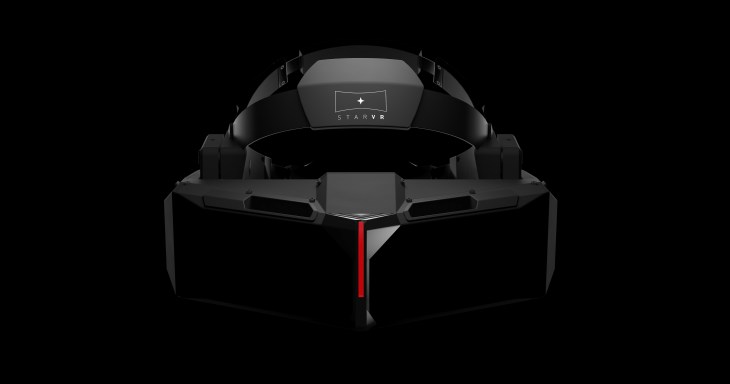IMAX, one company that has more than done its part to push cinema technology forward, is preparing to toss its hat into the virtual reality ring with a set of new initiatives.
Following Google I/O, the firm revealed its plan to develop the IMAX VR camera, “a cinema-grade virtual reality (VR) camera” that will enable producers to shoot 360 degree, 3D content. The cinema tech giant is working with Google on the project, which will use its Jump platform and is expected to take 18 months to be developed. Given the specs, it’ll be an industry camera that isn’t for consumers — unless you want to part with serious amounts of cash.
Beyond that, IMAX said also that it will provide Google with existing cinematic footage for conversion into VR content.
Aside from bringing VR footage to screens, IMAX is also looking to bring VR screens to people. The firm is working to introduce “VR experiences” in malls and other public places, according to the Wall Street Journal. In other words, places where anyone can get access to a VR headset to play games or watch videos.
Through an alliance with Sweden-based Starbreeze — which is down to provide headsets and games — IMAX plans to launch VR centers in six locations worldwide, starting out with Los Angeles, before expanding to China and other places.
That plan ties in with the VR camera, since IMAX aims to encourage filmmakers to create VR content that can be broadcast at these VR locations.
VR as a content form could be transformative to the media industry, but there remain fundamental issues with distribution. As was mentioned at a panel session at our recent Disrupt event, the form factor and cost of a headset limits it to early adopters and those with disposable income, while the idea that it is left at home also limits potential usage scenarios. Mobile VR addresses some of those problems but it also presents different kinds of challenges, since devices are tethered to less a powerful machine, subject to battery life concerns and other mobility factors.
IMAX’s VR experience centers won’t solve the distribution challenge but they could make VR more accessible, which in turn could raise awareness and bring the benefits to more people. At the minimum, it sounds like we can expect new (and kickass) film experiences in the future and that should get you excited.
